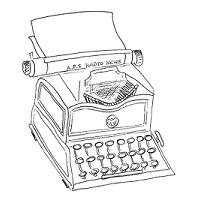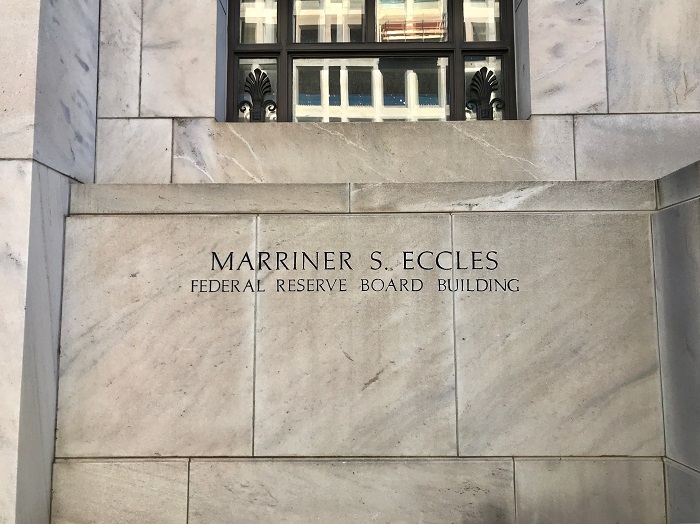economy news online news
Several members of the US Federal Reserve’s rate-setting committee supported another interest rate hike in June to tackle high inflation, but ultimately voted for a pause, the Fed announced Wednesday. online news
The Federal Open Market Committee (FOMC) voted unanimously last month to pause interest rate hikes after 10 consecutive increases, giving policymakers more time to assess the impact of rate hikes and recent banking stresses on the US economy.
At the same time, FOMC members forecast that two additional increases to its benchmark lending rate would likely be needed before the end of the year to bring inflation back down.
Minutes from the meeting published by the Fed on Wednesday show some FOMC members went into the meeting on June 13-14 favoring another quarter percentage-point hike to bring inflation back down towards the committee’s long-term target of two percent.
“Some participants indicated that they favored raising the target range for the federal funds rate 25 basis points at this meeting or that they could have supported such a proposal,” the Fed minutes showed.

Those in favor of another hike “noted that the labor market remained very tight, momentum in economic activity had been stronger than earlier anticipated, and there were few clear signs that inflation was on a path to return to the Committee’s 2 percent objective over time,” the Fed said.
In the end, however, all 11 voting members on the FOMC supported holding rates steady.
More work to do
Speaking Wednesday afternoon, New York Fed President and FOMC member John Williams said the committee had “more work to do” to bring down inflation.
“Do we have more to do in terms of monetary policy? I think the incoming data support that hypothesis,” he told a conference in New York.
economy news online news
Futures traders see a probability of close to 90 percent that the Fed will raise its benchmark lending rate by a quarter percentage-point at its next meeting on July 25-26.
Fed Chair Jerome Powell has left the door open to consecutive interest rate hikes in the months ahead, if needed, to cool the economy further.
“I wouldn’t take, you know, moving to consecutive meetings off the table at all,” he told an audience in Portugal last month.
The minutes published Wednesday showed that Fed economists still expect the United States to enter a “mild recession” later this year.
But strong recent labor and consumer spending data meant “the possibility of the economy continuing to grow slowly and avoiding a downturn as almost as likely as the mild-recession baseline,” the Fed said.
da/bgs
© Agence France-Presse. All rights are reserved.
economy news online news
Notes from APS Radio News
Reportedly because of what was being called a “pandemic”, a number of the world’s central banks embarked on massive programs of monetary expansion, starting in late February and early March of 2020.
For its part, between the early part of March of 2020 to over a year later, the US Federal Reserve added over $4 trillion to its holdings, by purchasing billions of dollars’ worth of Treasury bonds and corporate bonds each month during that period.
As well, at that time it kept interest rates rather low.
Other central banks, including the Bank of Japan and the European Central Bank, followed similar policies.
In addition, during that period many countries engaged in lockdowns; many small and medium-sized businesses and enterprises were shuttered by way of orders issued by public health officials, politicians and various administrators.
One of the direct causes of those shutdowns was the development of shortages.
According to a number of economists, the combination of shortages of various goods and services and massive programs of “quantitative easing” led to substantially higher rates of inflation.
In consequence of shuttered economies and higher rates of inflation in the first world, less developed countries suffered greatly, due, in part, to shortages of supplies and due to lowered demand.
economy news online news


